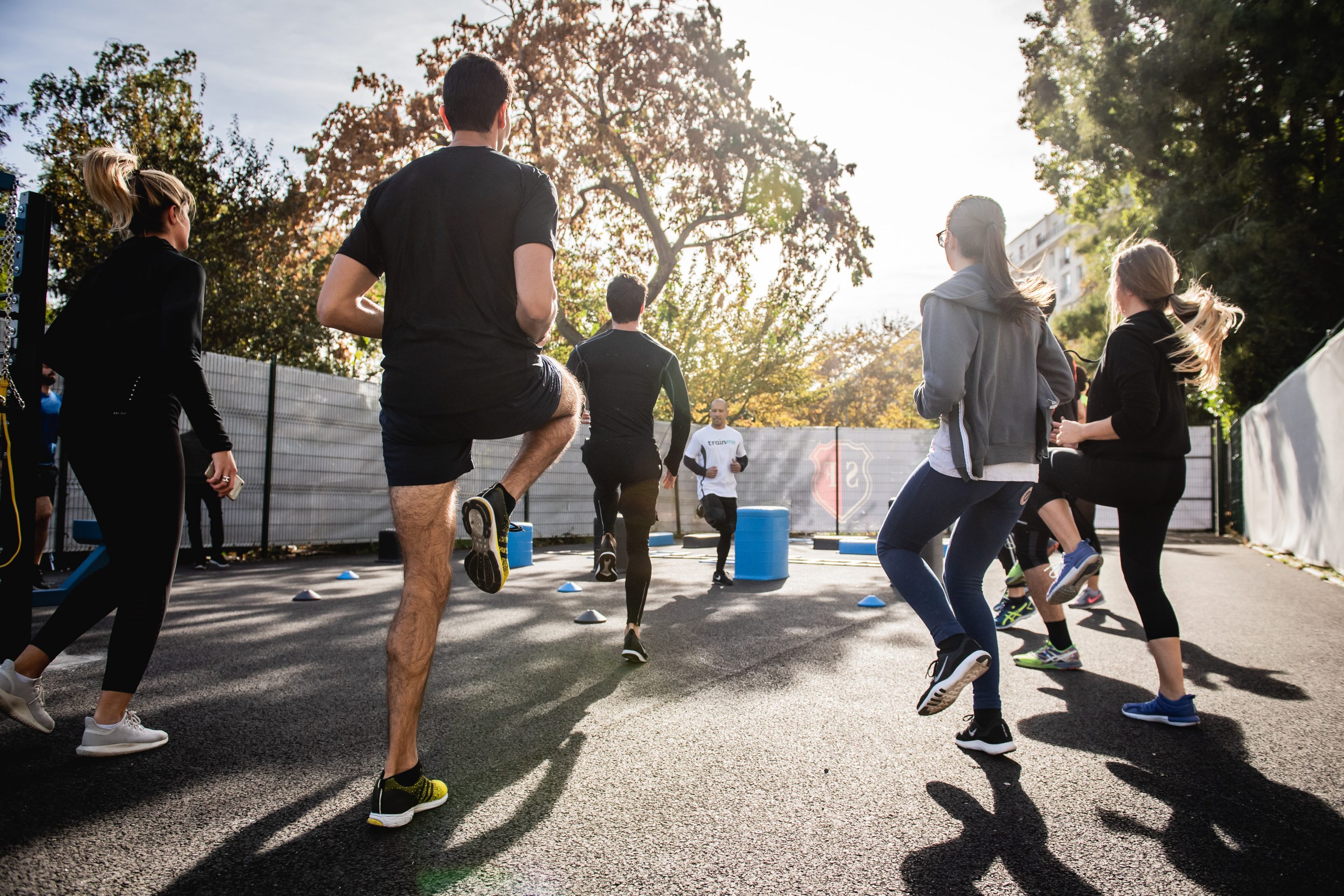Many people know of bone cracking as an easy way to get arthritis. As little kids, we were told that it was bad for our joints, and to keep them strong, we should stop cracking them. Some children listened and haven’t touched their knuckles since. Some crack subconsciously all the time. No matter where you fall on that spectrum, it is likely that your bones crack anyway. When you get out of bed, stretch too far over to grab something, or move your knees, our bodies love to crack. But is that something to fear? Many people do not even know what the sound of bone cracking comes from in the first place. In this article, we will do a deep dive on joint popping. Let’s get cracking!
What is bone cracking?
There is some disagreement on the actual cause of the cracking sound your bones make when they are stretched. We know that bones are surrounded by synovial fluid. This gel-like fluid allows the joints between bones to move seamlessly. Sometimes, nitrogen bubbles form in the synovial fluid. Some doctors believe that when you bend your fingers enough to hear the crack, that sound is an effect of the nitrogen bubbles popping. Of course, any finger cracker knows that their fingers can not crack twice in a row. It takes around 20 minutes for your synovial fluid to reform the bubbles, and only then do you get the opportunity to crack them again.
The other camp is supported by more contemporary research, and suggests that instead of nitrogen bubbles popping, the sound of the crack is the creation of a cavity in the synovial fluid. No matter what the actual event is, the outcome feels relieving. People crack their fingers mostly just because it is satisfying. The popped bubbles release pressure and cause a loosening feeling.
Is cracking your bones bad for you?
Contrary to the advice your irritated supervisors gave you as a kid, it is highly unlikely that bone cracking actually leads to any long term damage in your joints or causes arthritis. According to Dr. Robert Klapper with Cedars-Sinai, if there is no swelling or pain upon crack, there is no reason to fear. Cracking your knuckles should not cause any harm or discomfort if done safely. USC’s Keck School of Medicine found that so far, no science suggests a “correlation between knuckle cracking and joint damage or arthritis.” So does that mean we should all start cracking our knuckles every twenty minutes, or as much as we can, completely damage free? Not exactly. Even though it has not been scientifically proven to connect to damage, it is unlikely that cracking your knuckles, neck, or back has any real benefits. Other than psychological, there is almost no real tension relief, and if you have a light case of underlying tendonitis or arthritis, cracking could be damaging to your joints.
So . . . should I stop?
The key to cracking responsibly is moderation. It is not directly harmful to crack away, but if your body is already sensitive to damage, cracking could be an increased stress. If you crack your neck or back the wrong way, or any joint with too much force, you could cause injury to the sensitive ligaments around the bend. That is how people end up with dislocated fingers or torn ligaments.
How can I stop?
One way to prevent causing yourself injury is by identifying the root cause. Why do you crack your knuckles? For some, it is an impulse. It can be hard to train your brain out of impulsive behaviors, especially as the habit gets wired in, but learning about inhibitory control and executive function can provide a way to inform yourself, which is the first step in avoiding or creating any habit or behavior. Cracking your knuckles could also be a sign of anxiety. Nervous ticks like that appear in all kinds of ways. In order to wean off of this cause, consider research on approaching anxiety. Things like changes to your activity level, diet, and connectivity factor significantly into your mental health equation. Finally, people do it because the action is satisfying. If you start making other habits in your life rewarding, your brain will associate those with boredom, and instead of cracking your fingers, you will find yourself more inclined to practice other habits before your conscious mind even knows there was a choice.
The key takeaway is that control is an important skill in your life. When you consciously control what you do, you can protect yourself from losing time, injuring yourself unintentionally, and ending up in habits that do not serve you. Bone cracking will likely not hurt you, but it is possible that you will accidentally hurt yourself doing it, so it is best to avoid the compulsive behavior once and for all.
